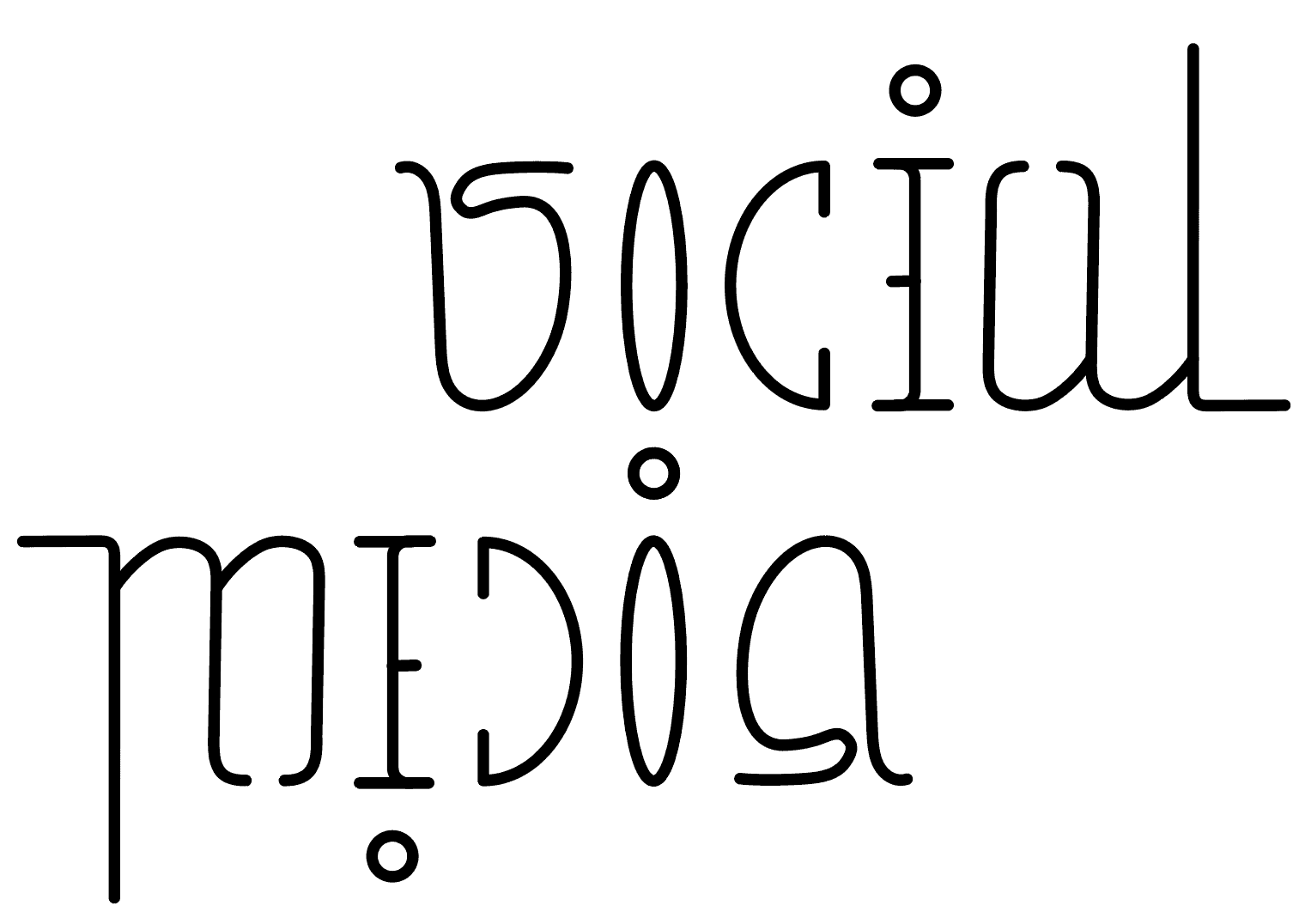I recently received a note from a graduate student as an unnamed university. This student wrote to me after having assigned the TPACK handbook chapter (co-authored with Matt Koehler) to a bunch of pre-service teachers, and suggested that the chapter was hard to read, appearing to have been written for academics rather than undergraduate students. I wrote back, indicating no surprise at this finding, particularly since this chapter had been written for academics. I added that I would not be comfortable inflicting that chapter on my undergraduate (or even master’s level) students. In contrast I would use the keynote address that Matt and I had made for SITE 2008, which was far more accessible without undervaluing any of the substantive ideas were were interested in communicating.
It seemed to me that this student’s experience highlighted for me a more general phenomena – of seeing the world through one set of lenses and being oblivious to others – that I have seen very often and have thought about a great deal. For one reason or another, however, I had never really found an appropriate label for. But now I do…
Before I reveal the label, here’s a brief digression about world-views. Trust me, it will all come together at the end.
One of my favorite quotations about the limits of our knowledge, is by the the physicist Victor Weisskopf. As he said, “A worldview sees everything except itself.” This means not just that world-views cannot be “self aware” but that a world-view in some very fundamental way defines what constitutes “everything.” A world-view defines the ontology and the basic causal devices (and maybe even methodologies) which are articulated within this defined world.
Philosophers have argued that our knowledge of the world does not exist in a vacuum. All that we know functions within larger, global frames. In the area of research these frames have been called paradigms (Kuhn), research traditions (Laudan) or programs (Lakatos). These frameworks “inspire, engender, frame, and constrain specific theories that constitute, articulate, or instantiate the more global theoretical issues.” What is interesting about these frameworks is that they define what exists within a domain and what does not. So to a rationalist paranormal phenomena do not exist by definition. Any paranormal phenomena begs a rational, materialistic explanation.
This may be a rather deep philosophical point but at a more local level it indicates that too often, as experts in a given field, we see the world completely and totally through our disciplinary lenses.
This “disciplinary world-view” permeates the language we use, the questions we think are valuable and worth pursuing, and most importantly way we think about phenomena and describe it to others. This leads to an kind of narrow-mindedness that often gets in the way of communication with others, who may not be privy to our way of thinking, or have a different way of looking at the world.
I am not arguing for some kind of relativity here. Not at all. I am not arguing that one world-view is the same as the other, but rather that unless we learn to connect across views there is no hope for communication.
Serendipitously enough, I came across a couple of articles by Geoffery Pulum on the blog Language Log, just this morning, that brought back this issue in my mind. And Geoffery even has a cool, evocative and catchy label for this phenomena of experts forgetting how others may view similar phenomena. He calls it Nerdview! Now isn’t that a cool label.
Here are two posts from his blog where he makes his point. Check out: Nerdview and Mixed cardboard only: a subtle case of nerdview and Per bus per journey.
I have often argued that as educators and designers we need to be able to step out of our personal or disciplinary boxes. Unless and until we realize that our world-view need not mesh with those of the world around me, there is no hope of communication, or education or good design. As Geoffery says, “It’s not about the grammar; it’s about theory of mind. It’s about being able to see the world through other people’s eyes,” and that, I argue, is an essential skill all educators and designers need to develop, and this is why I had not been surprised by the undergraduate students’ response to our chapter. In fact what was surprising was the fact that it had been handed to them in the first place.



0 Comments